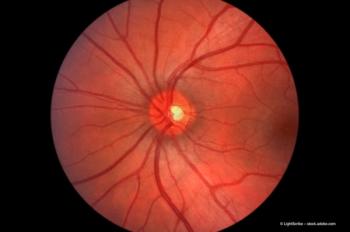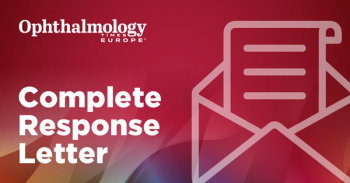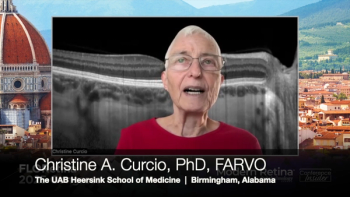
Filling in the knowledge gaps: Biosimilars awareness for retinal disease in the US and Europe
The survey addressed topics that would facilitate a better understanding of the awareness of retina specialists regarding this relative new form of treatment in ophthalmology.
Baruch D. Kupperman, MD, PhD, reported the findings of a recent survey that most retina specialists in the US and Europe are familiar with the use of anti-vascular epithelial growth factor (VEGF) biosimilars but needed more information to become comfortable with their use to treat retinal diseases.
The survey was distributed via social media by The International Biosimilar Retina Study Group (Inter-BIOS group) of retina specialists with the goal of assessing the awareness by US and European retina specialists of biosimilar intravitreal VEGF therapies.
The 16-question online survey was sent by email, WhatsApp, and LinkedIn from December 1, 2021, to January 31, 2022.
Kupperman explained that the survey addressed topics that would facilitate a better understanding of the awareness of retina specialists regarding this relative new form of treatment in ophthalmology.
A total of 112 physicians (70% women; mean age, 44.7 years) responded to the survey, for a response rate of 56%. The specialists served in a range of professional capacities: 64.2% faculty, 18.75% private practitioners, and 16.9% retinal trainees. Fifty-five responders were in the US and 57 in Europe, he reported.
The primary purpose of the survey, i.e., to assess physician familiarity with anti-VEGF biosimilars, showed that about 55% of responders reported have a basic understanding of the therapy, while about 35% believed that they understood the technology completely. At the low end, the rest of the responders reported having heard or never having heard the term biosimilar.
A question about incorporating biosimilars into clinical practice showed that about equal percentages would incorporate the treatments or would consider incorporation but needed more information before committing to that decision, while about 10% said no, and the rest would make the decision based on insurance reimbursements.
The lower cost of biosimilar ranibizumab (reference drug, ranibizumab, Lucentis, Genentech) would prompt about 30% to shift from off-label use of bevacizumab (Avastin, Genentech) to FDA-approved biosimilar ranibizumab, and 10% would not be moved by lower cost. About 45% needed more scientific information and real-world experience with biosimilars.
The safety of the technology was a major concern for 20%, a slight concern for 50%, and only about 17% were not at all concerned. Efficacy was a slight concern expressed by almost 60%.
When analyzed by location, the US retina specialists had more concerns about efficacy and safety than their European counterparts, 70% and 60%, respectively, versus about 42% and 39%, respectively. The US physicians were more comfortable using off-label bevacizumab.
The overarching message was that US and European retina specialists needed more information about safety, efficacy, and immunogenicity before switching to biosimilars.
Newsletter
Get the essential updates shaping the future of pharma manufacturing and compliance—subscribe today to Pharmaceutical Technology and never miss a breakthrough.




























